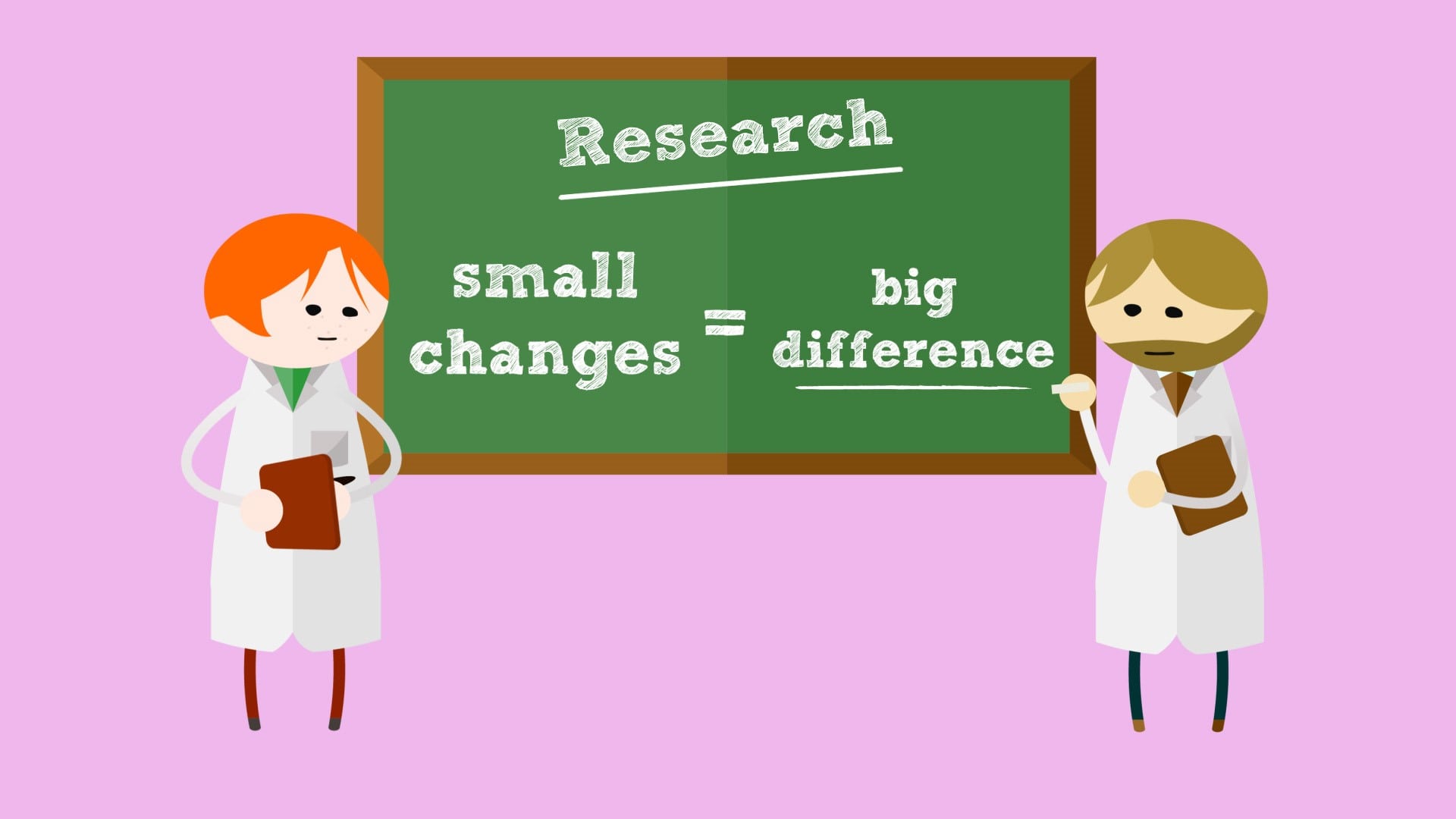Small Lifestyle Changes can last a Lifetime
Small Lifestyle Changes can last a Lifetime
On the rare occasions when we allow ourselves to think about cancer and our risk in developing it, most of us resign ourselves to the fact that it is an inevitable consequence of genes and habits such as smoking.
However, few of us take heed of the fact that a large proportion of cancers are largely preventable by careful choices in our lifestyle.
In fact, up to
- 67% of cancers of the mouth and throat,
- 75% of oesophageal (gullet) cancers,
- 40-45% of cancers of the stomach, pancreas, colon, large bowel and breast,
- 20% of cancers of prostate, liver and kidney cancers; and
are preventable by good nutrition and regular physical activity.
True, by now it should go without saying that smoking is a major risk factor for a large amount of cancers – it causes 90% of lung cancers and is implicated in many others. However quitting smoking is just one lifestyle factor that can reduce your risk, diet is another lifestyle factor that has a huge impact on your cancer risk.
Where to find the right advice
There are thousands of websites, books and experts giving advice on how to prevent cancer through diet and lifestyle, but how can you know if you are taking the right advice?
Well the ‘bible’ on diet and cancer is an expert report prepared by the World Cancer Research Fund (WCRF) that is endorsed by the World Health Organisation and several other renowned international bodies. It’s called ‘Food, Nutrition, Physical Activity and the prevention of cancer: a global perspective’ and this expert report represents the cumulative efforts of 200 scientists who reviewed the evidence linking diet to 17 different forms of cancer. Half a million studies were reviewed and whittled down to the 7,000 most relevant scientific studies and are consolidated and rated in the report.
The 8 Key Recommendations are:
1. Be as lean as possible without becoming underweight. Keep weight low within the healthy range.
2. Be physically active for at least 30 minutes every day. Try to sit less and move more.
3. Limit consumption of energy dense foods and avoid sugary drinks. Avoid high-calorie foods and sugary drinks.
4. Eat mostly foods of plant origin. Eat more grains, veg, fruit and beans.
5. Limit consumption of red meats and avoid processed meats.
6. Limit Alcohol. If consumed at all, limit to 2 drinks for men & 1 for women/day. For cancer prevention, don’t drink alcohol.
7. Limit consumption of salty foods and foods processed with salt. Eat less salt and avoid mouldy grains and cereals.
8. Don’t use supplements to protect against cancer. For cancer prevention, don’t rely on supplements.
It is very empowering to know that there are proven ways we can personally lower our risk of developing cancer.
Screening measures
Other ways we can help ourselves is to ensure we are registered for BowelScreen. Bowel cancer is one of the most common cancers in Ireland with over 2,500 people diagnosed with the disease each year. In Ireland we are lucky to have BowelScreen, which offers free screening to men and women aged 60 to 69, on a two-yearly cycle.
All eligible men should check that they are on the BowelScreen register by calling Freephone 1800 45 45 55 or visiting www.bowelscreen.ie. BowelScreen can detect pre-cancerous growths meaning that, once removed, these can prevent bowel cancer from developing in the first place, making it a truly lifesaving programme.
